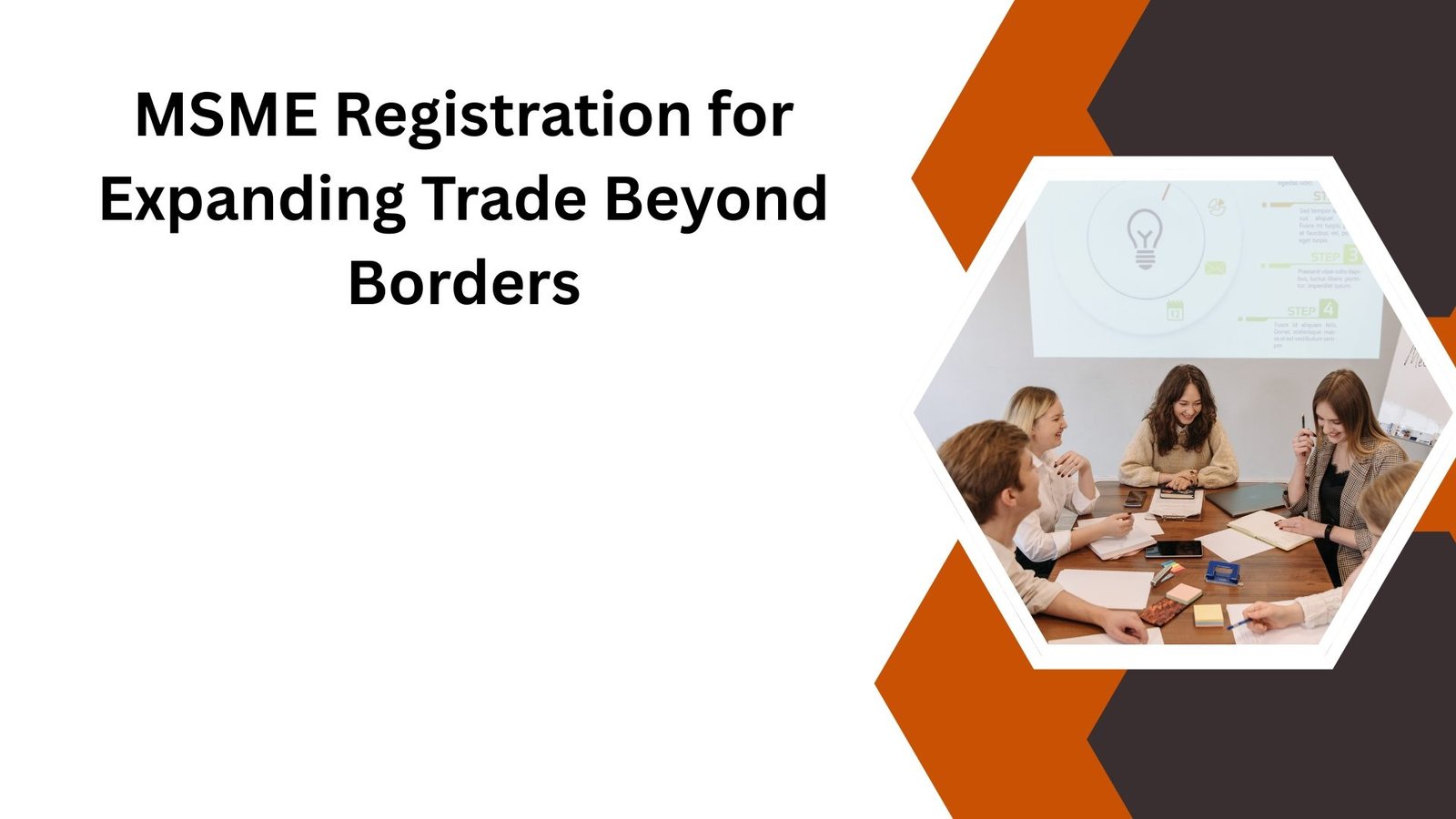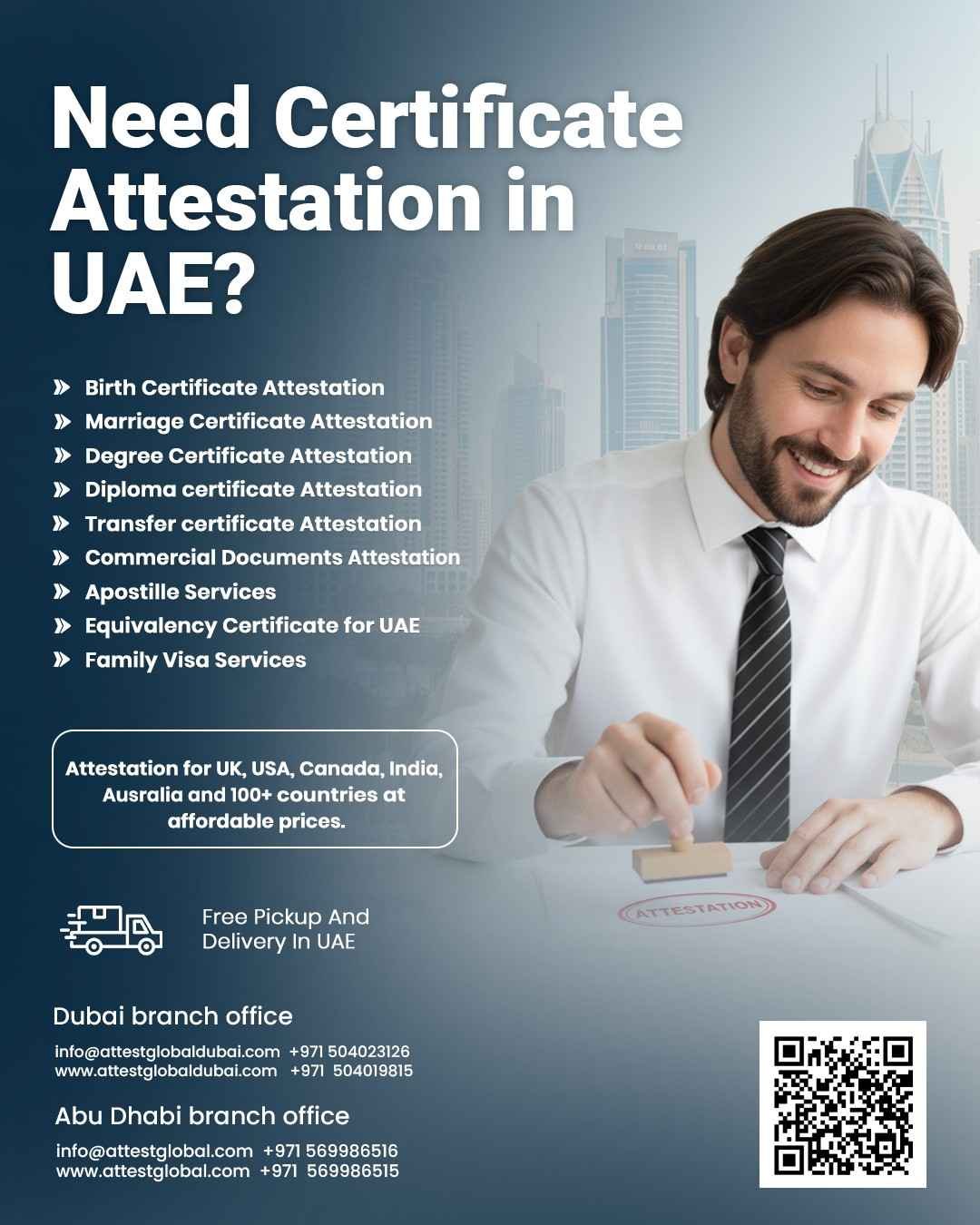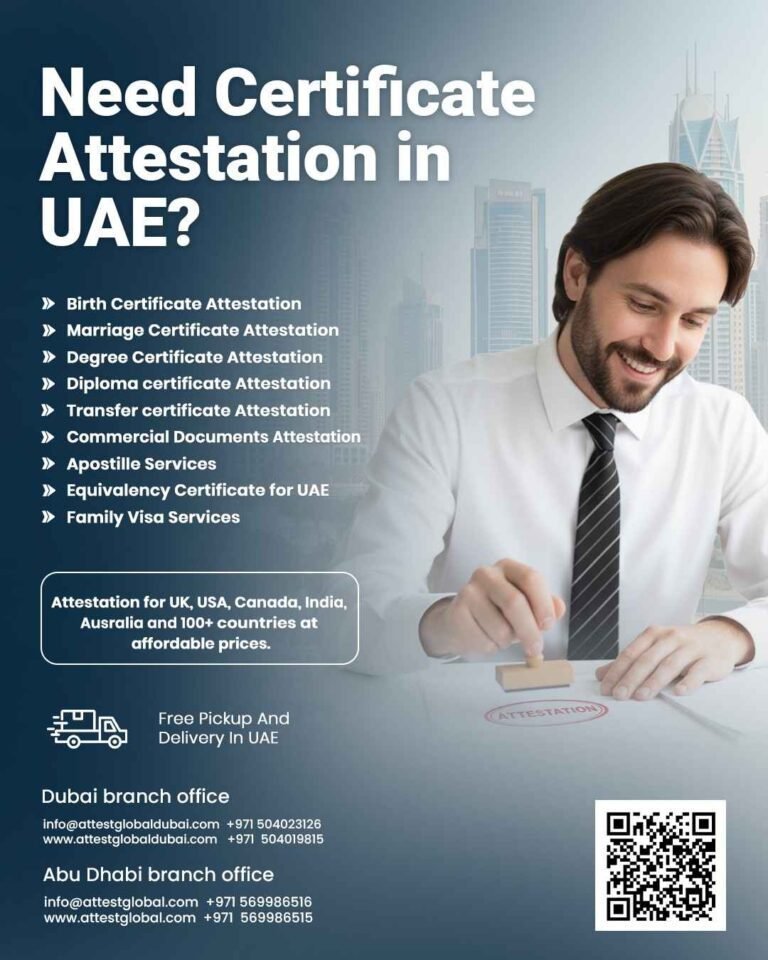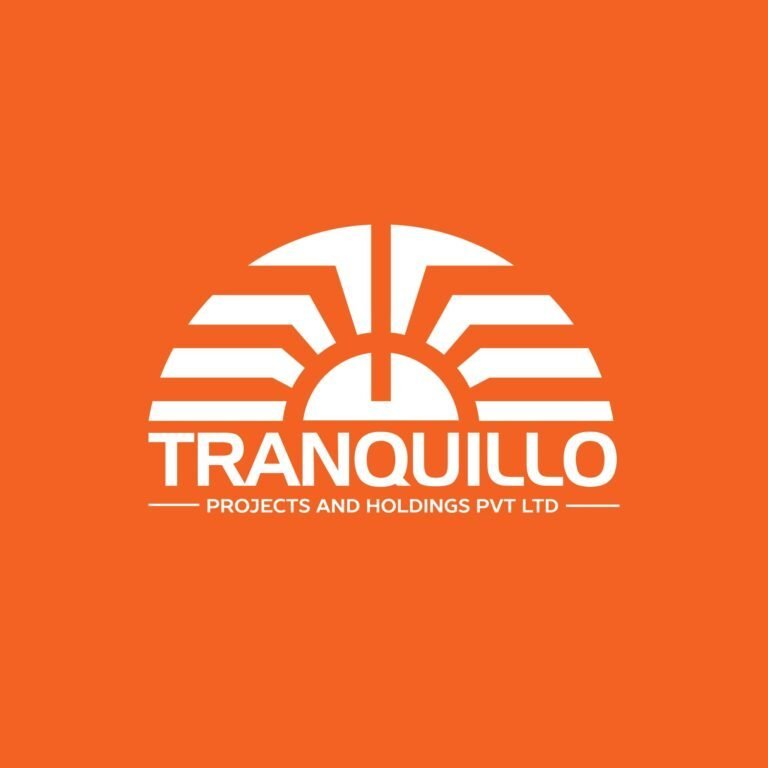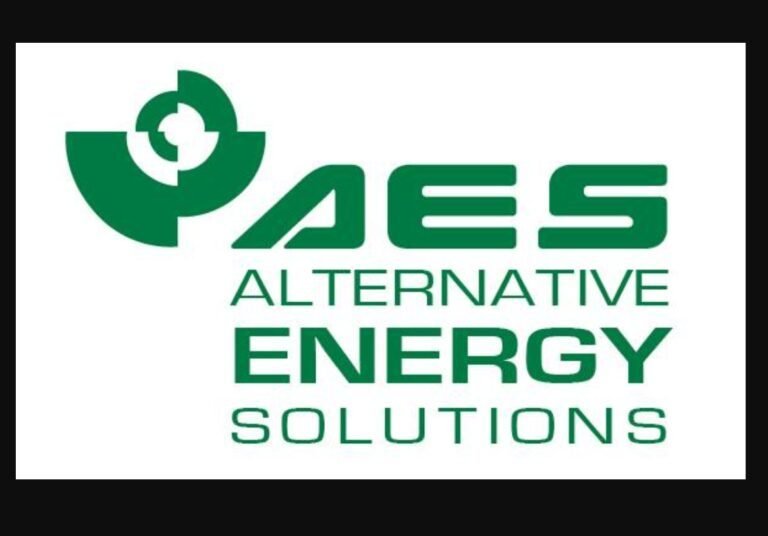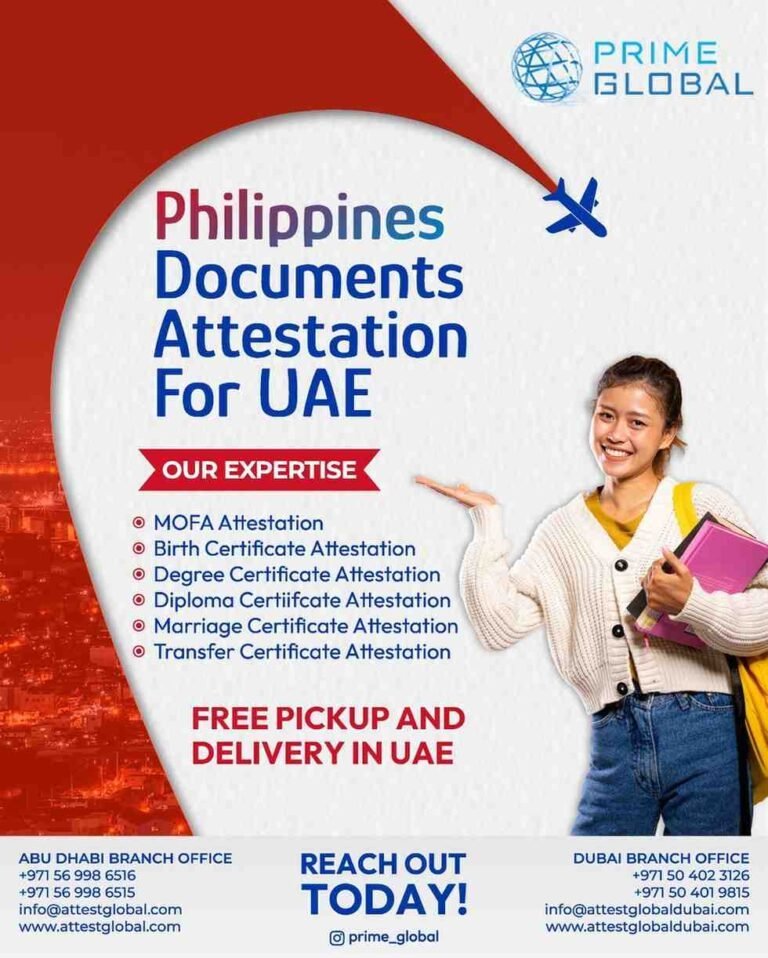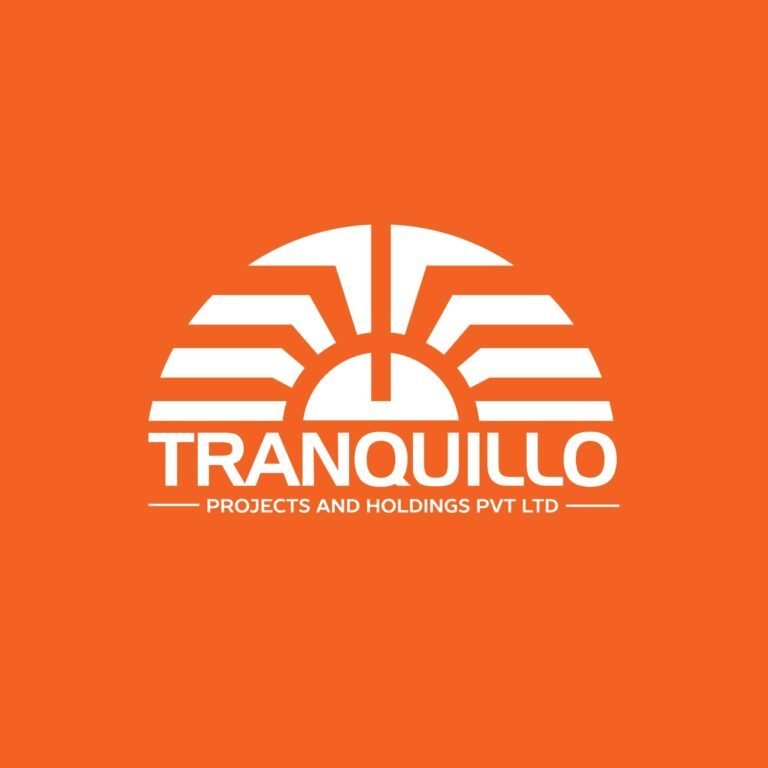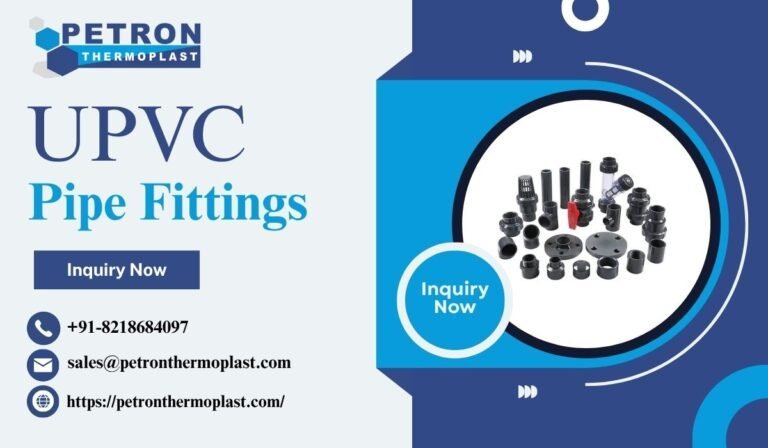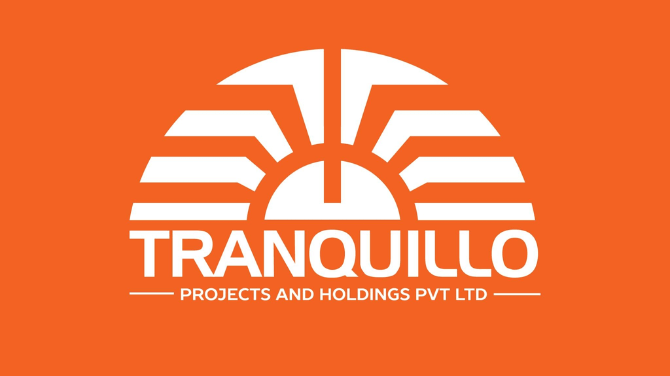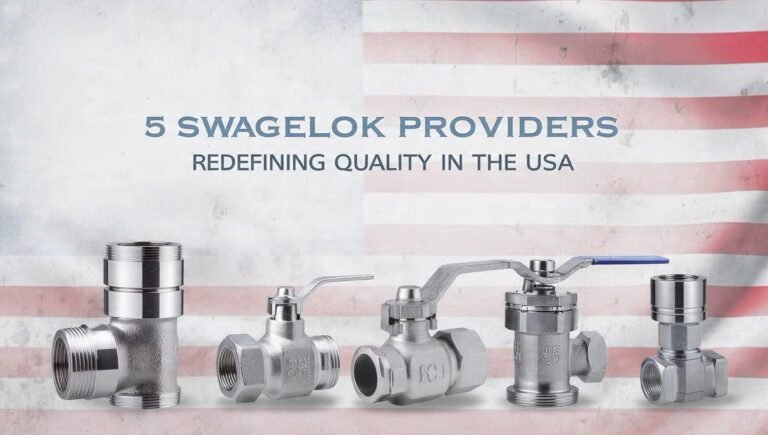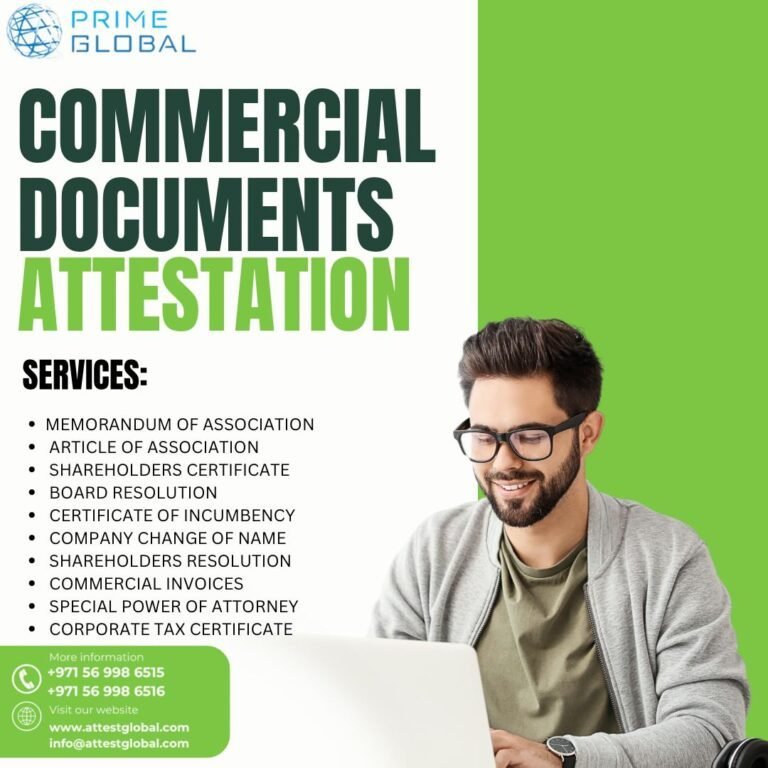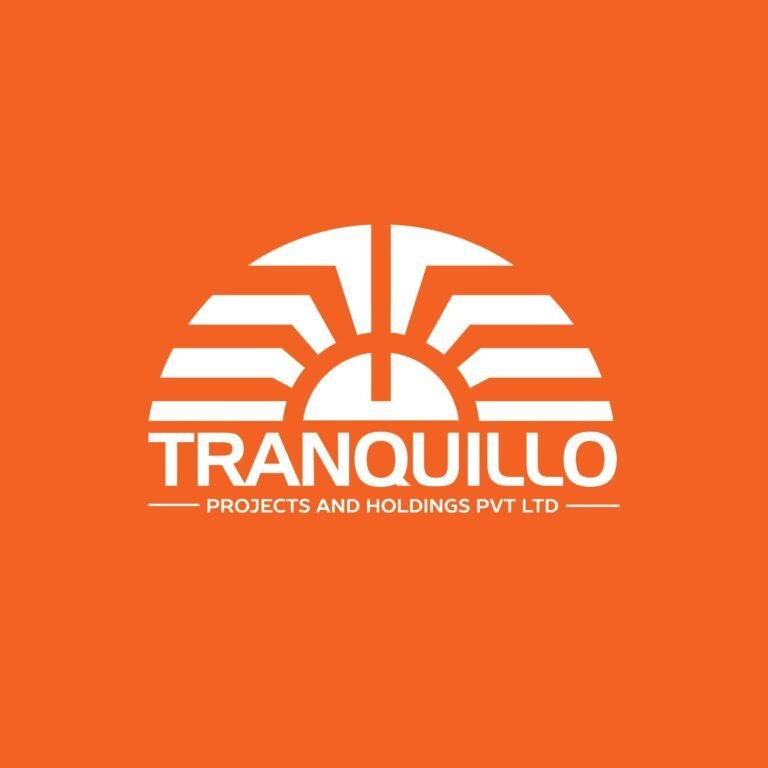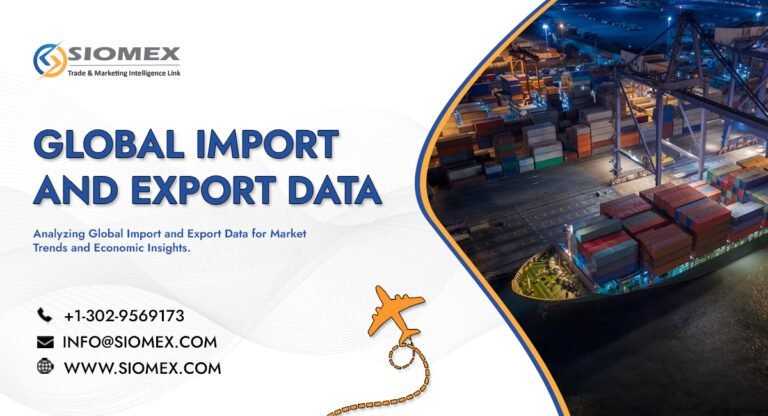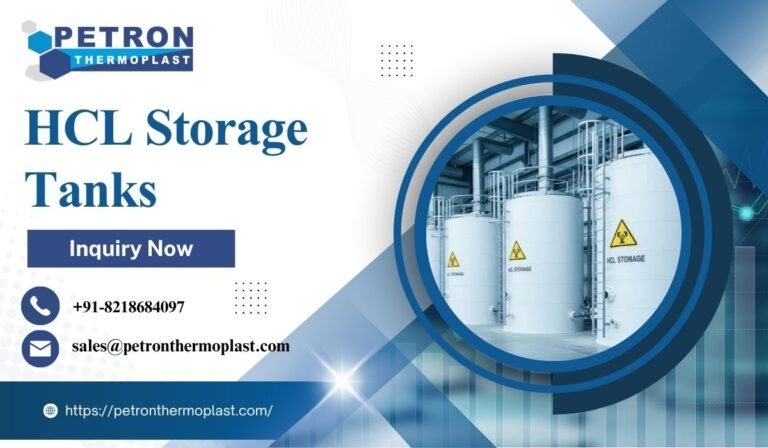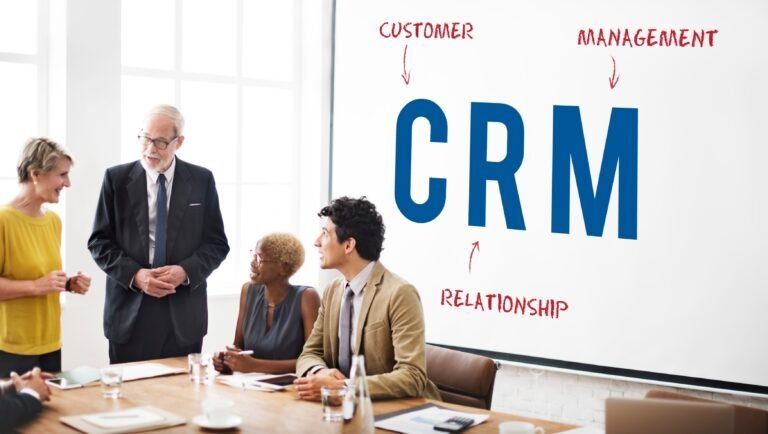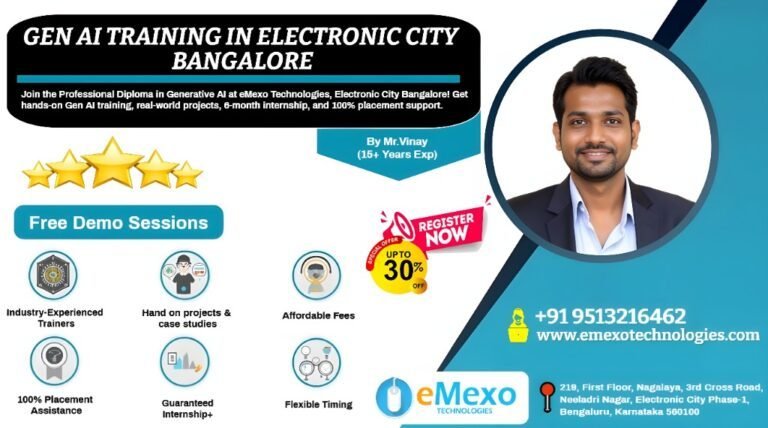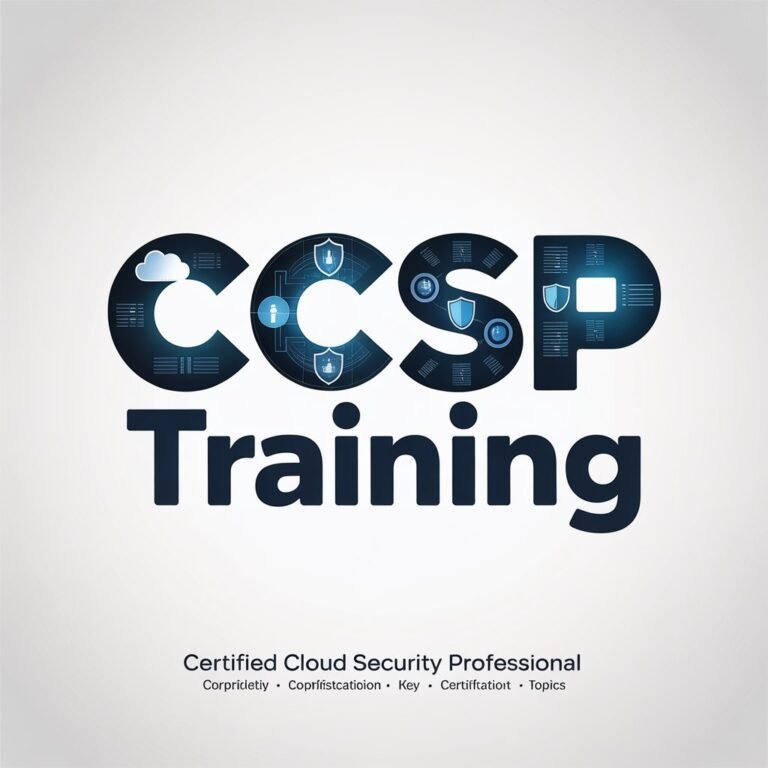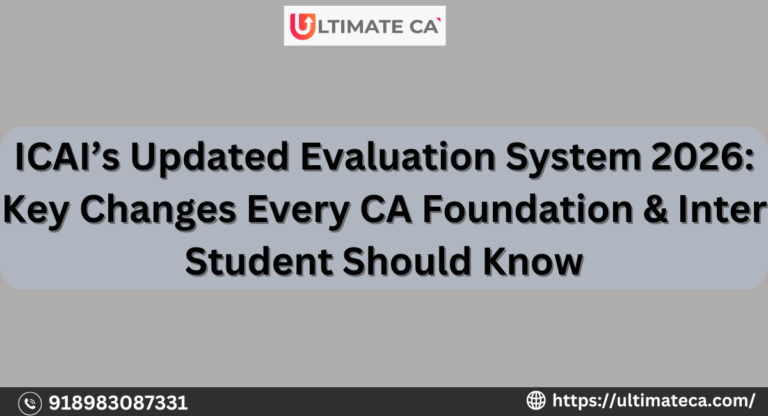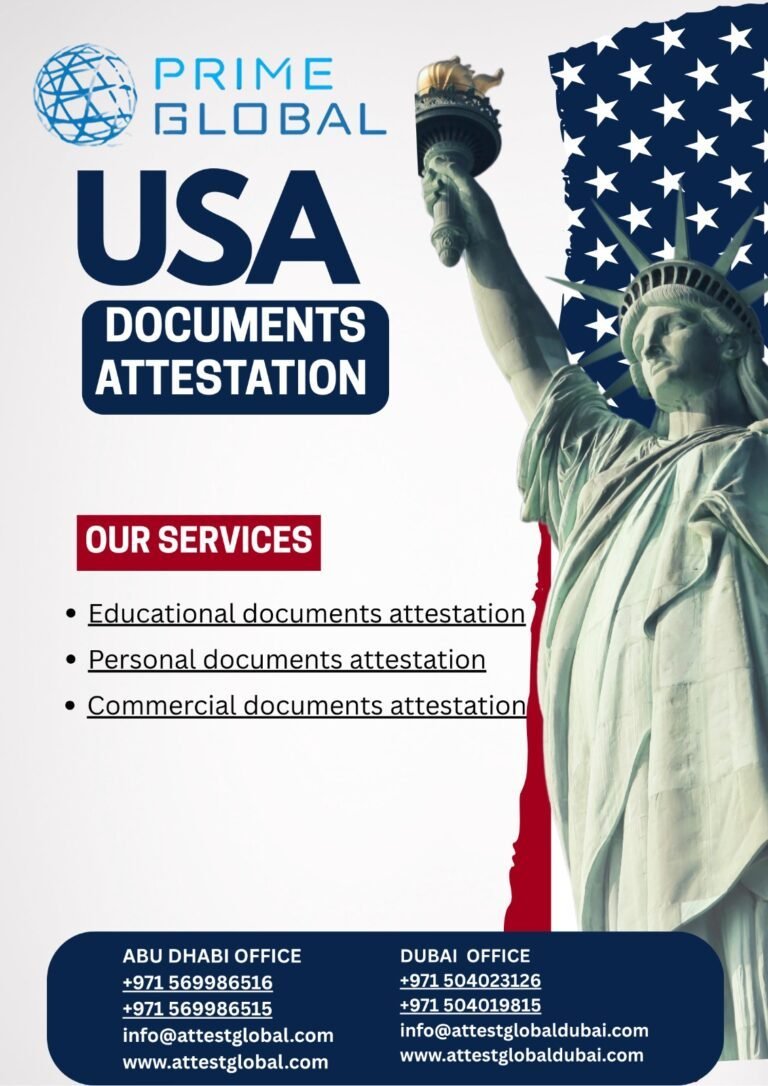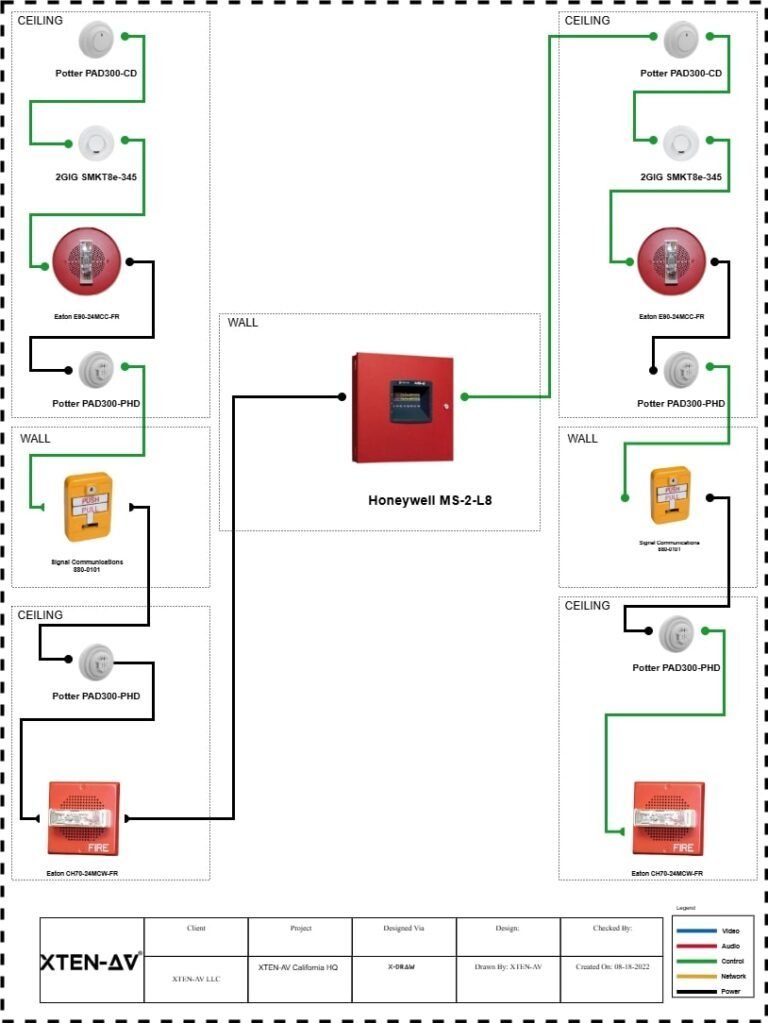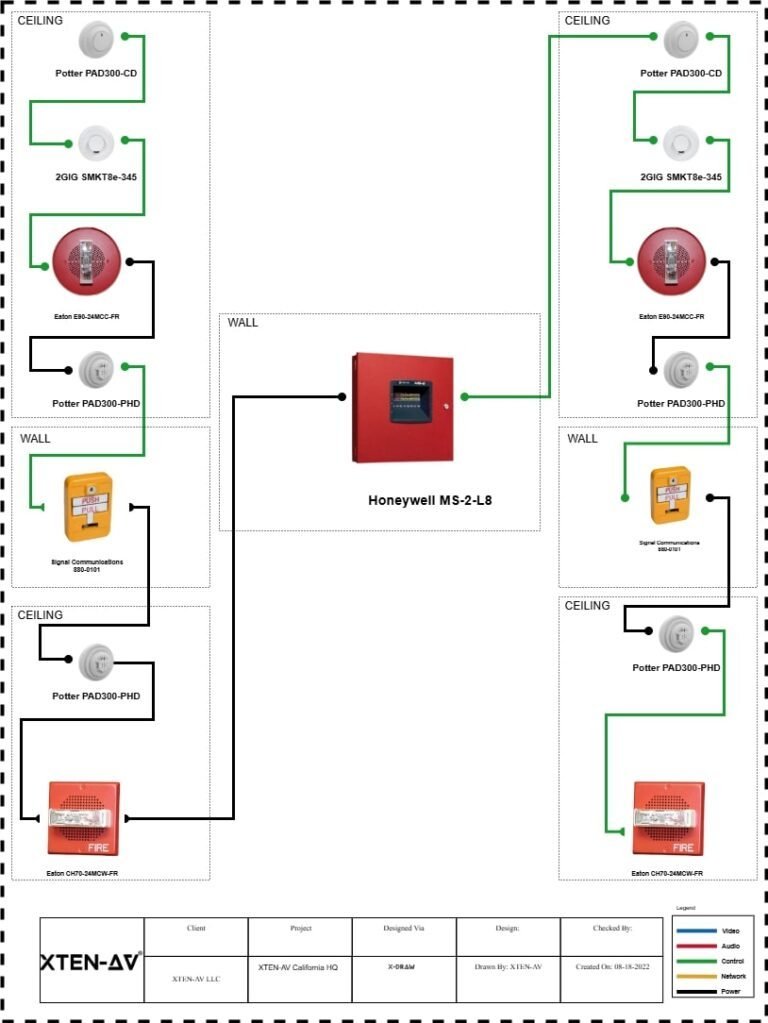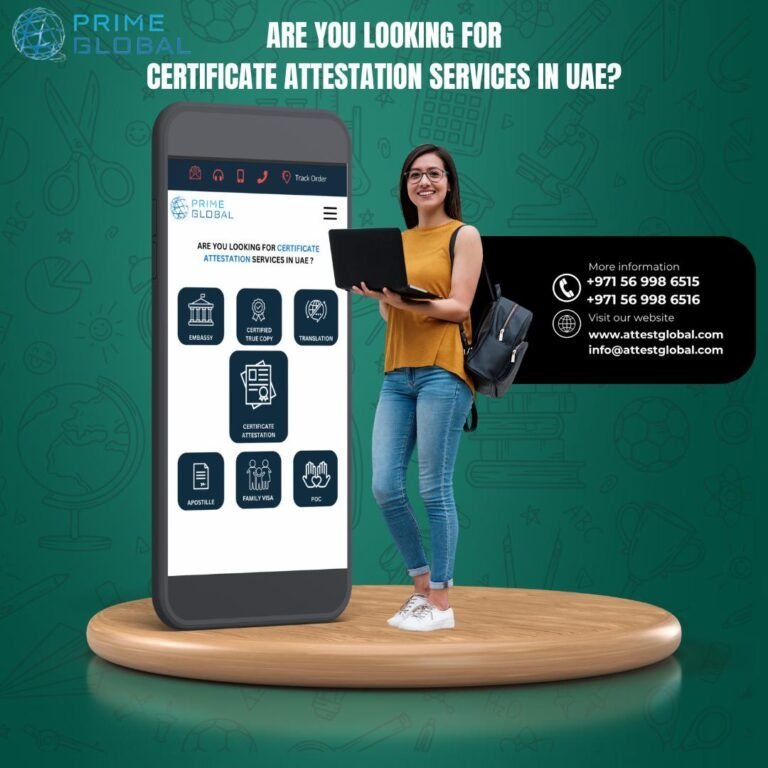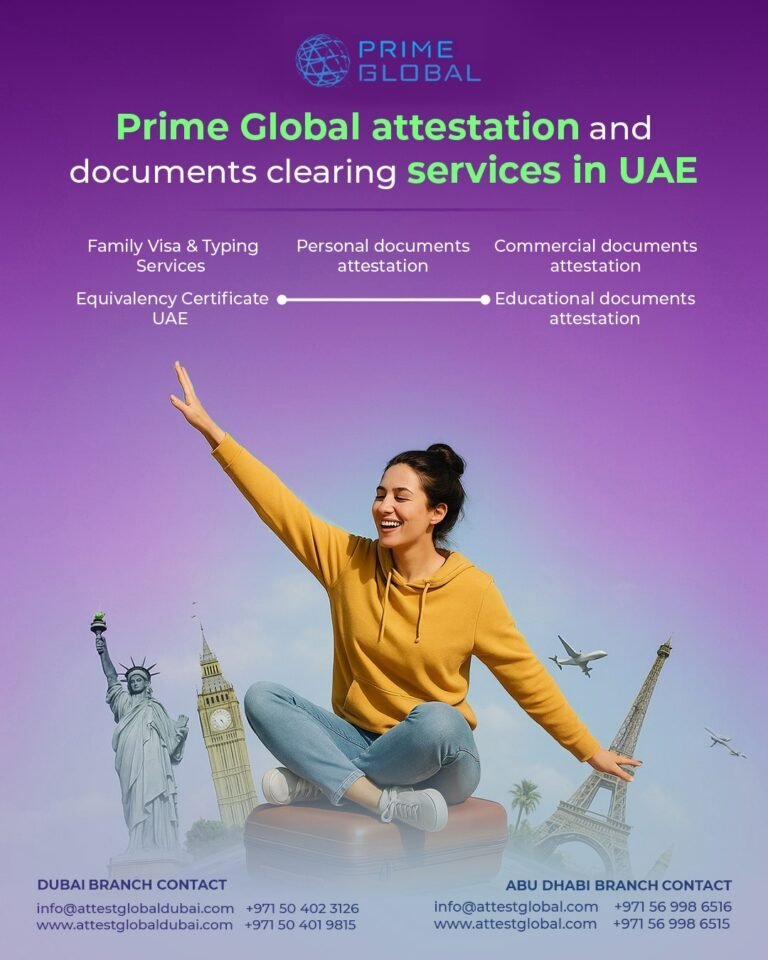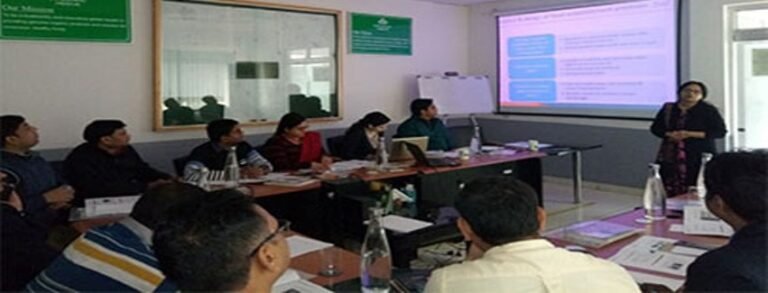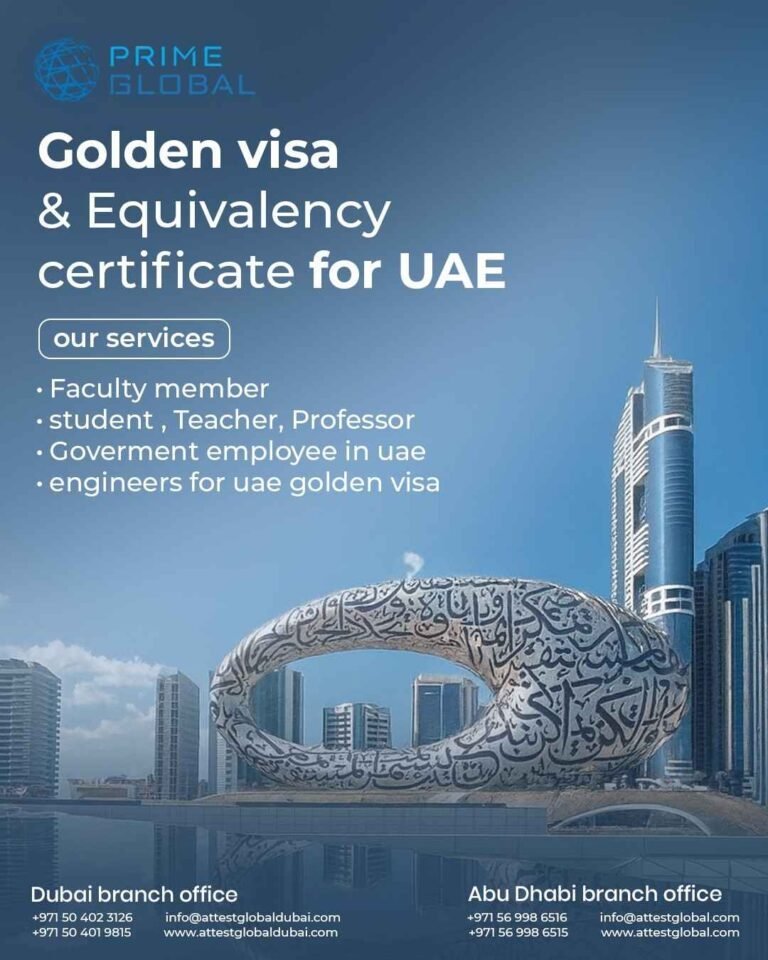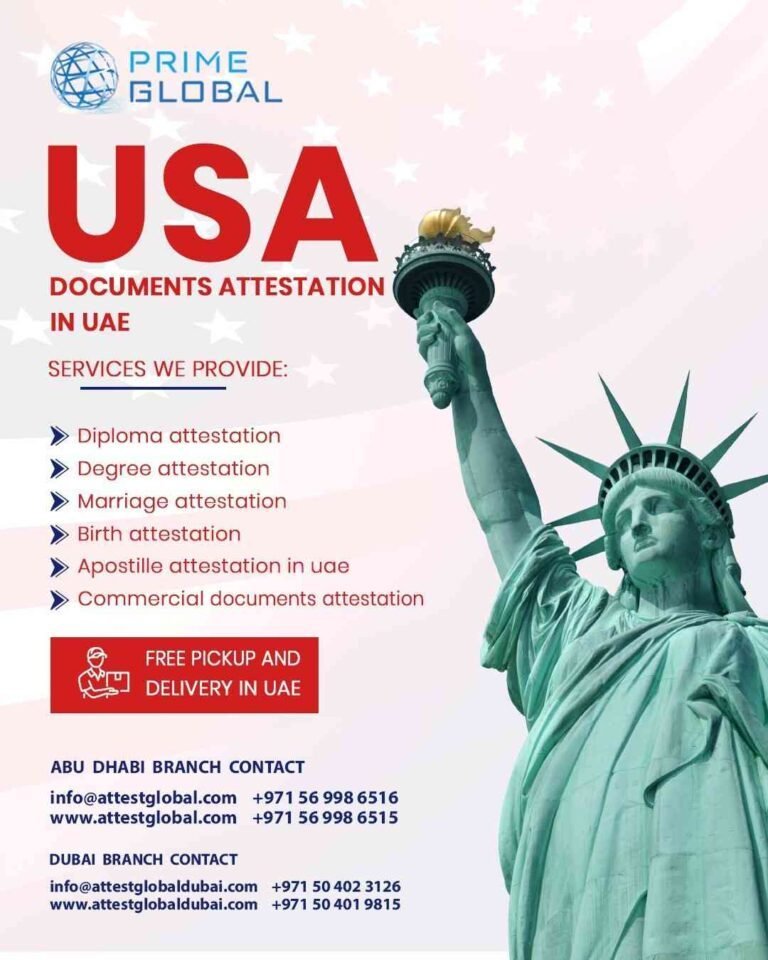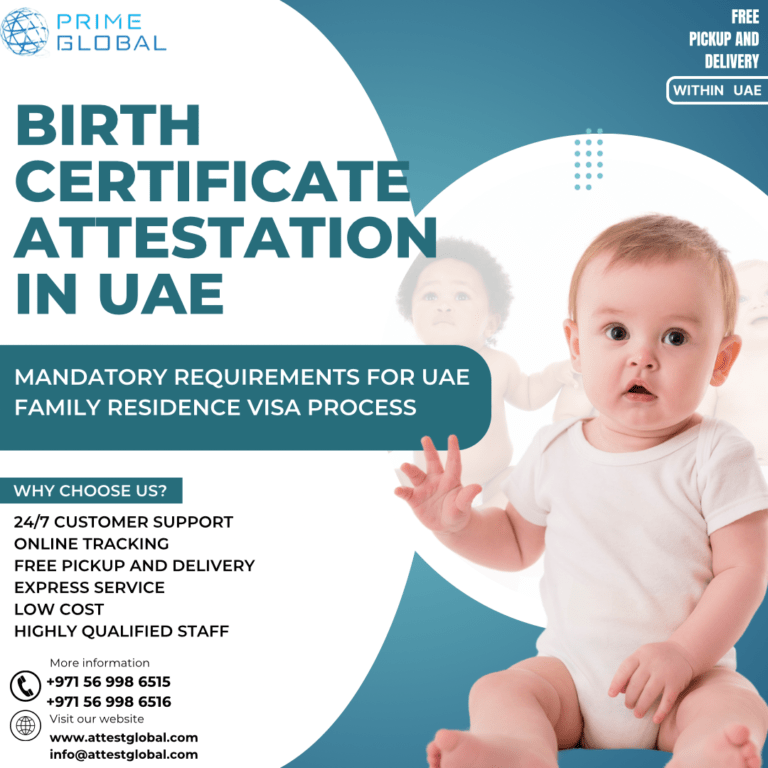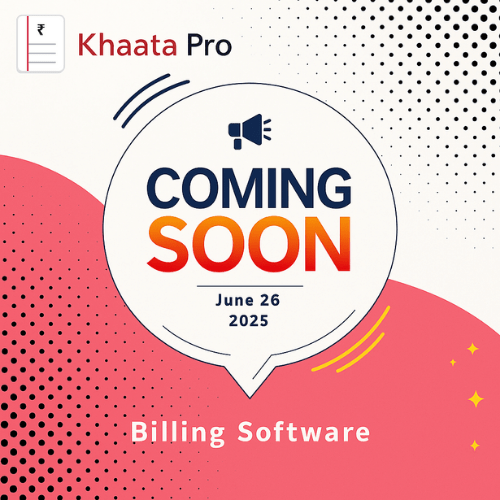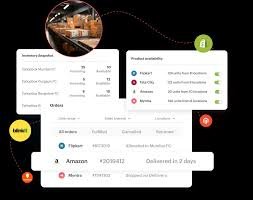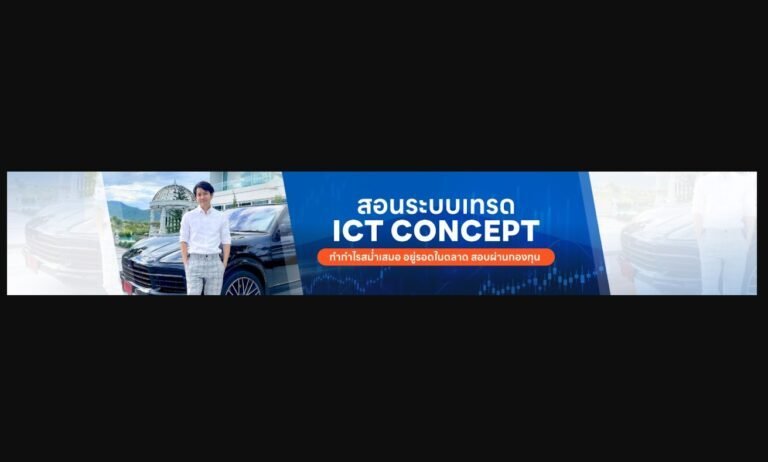In today’s globalized economy, Micro, Small, and Medium Enterprises (MSMEs) form the backbone of economic development in many countries. These enterprises, characterized by their smaller-scale operations and nimble business structures, possess immense potential to tap into international markets. However, many MSMEs remain unregistered, operating in the informal sector, and consequently miss out on a plethora of benefits and opportunities that could propel their growth trajectory. MSME registration stands as the crucial first step that transforms these enterprises from local players to global exporters.
Understanding the MSME Landscape
MSMEs represent a diverse spectrum of businesses, ranging from traditional handicraft producers to innovative technology startups. They contribute significantly to employment generation, economic diversification, and inclusive growth. Despite their economic importance, many MSMEs operate in the shadows of the formal economy, limiting their access to credit, technology, markets, and institutional support.
The registration process varies across countries but generally involves documenting the enterprise’s existence, scale, and operations with relevant government authorities. This formal recognition brings MSMEs under the regulatory framework, ensuring compliance with labor laws, tax regulations, and industry standards. While some entrepreneurs perceive registration as a bureaucratic hurdle, it serves as a gateway to a multitude of benefits, particularly in the export domain.
How MSME Registration Facilitates Export Growth
1. Access to Specialized Financial Instruments
Registered MSMEs gain access to specialized export financing schemes, including:
- Packing Credit: Pre-shipment finance at concessional interest rates to fulfill export orders
- Export Bills Discounting: Immediate payment against export bills awaiting realization
- Export Credit Insurance: Protection against non-payment risks in international transactions
- Foreign Currency Loans: Financing in foreign currencies to eliminate exchange rate risks
- Credit Guarantee Schemes: Government-backed guarantees reducing collateral requirements
Financial institutions typically require MSME registration certificates as a prerequisite for accessing these export-specific financial products. The resulting liquidity enables MSMEs to accept larger export orders, invest in quality improvements, and negotiate better terms with international buyers.
2. Participation in Government Export Promotion Programs
Most governments operate export promotion programs specifically targeting MSMEs:
- Market Development Assistance: Financial support for participation in international trade fairs and exhibitions
- Export Market Research: Subsidized market intelligence and feasibility studies
- Product Certification Support: Financial assistance for obtaining international quality certifications
- Export Training Programs: Capacity-building initiatives covering export documentation, pricing, and negotiation
- Trade Mission Participation: Sponsored business delegations to potential export markets
Registered MSMEs receive regular notifications about these programs and enjoy priority access based on their formal recognition. This institutional support significantly reduces the information and capability gaps that often hinder export initiatives.
3. Preferential Access to Export Infrastructure
Export operations require specialized infrastructure that individual MSMEs may find challenging to develop independently:
- Export Processing Zones: Dedicated industrial zones with streamlined customs procedures
- Logistics Parks: Integrated facilities for warehousing, packaging, and transportation
- Testing Laboratories: Facilities for quality testing and certification
- Container Freight Stations: Specialized terminals for containerized cargo
- Common Facility Centers: Shared production facilities for export-oriented products
Registered MSMEs often receive preferential access to these infrastructure facilities, including subsidized rental rates, priority bookings, and reduced user charges. This infrastructure access enables MSMEs to meet the strict quality and delivery requirements of international buyers.
4. Compliance Facilitation and Regulatory Support
International markets demand strict compliance with various regulations and standards:
- Technical Regulations: Product safety and performance requirements
- Environmental Standards: Sustainability and eco-friendliness parameters
- Packaging and Labeling Requirements: Information disclosure and presentation rules
- Certification Requirements: Quality management systems and product certifications
- Documentation Compliance: Export documentation and declaration protocols
Registered MSMEs receive guidance and support in navigating these complex requirements through:
- Simplified compliance procedures
- Dedicated helpdesks for regulatory queries
- Subsidized certification costs
- Compliance training programs
- Facilitated interactions with regulatory authorities
This support infrastructure enables MSMEs to overcome the technical trade barriers that often impede export growth.
5. Integration with Global Value Chains
Modern international trade increasingly operates through global value chains, where production processes span multiple countries:
- Subcontracting Opportunities: Producing components or performing specific processes for larger exporters
- Ancillary Supplier Networks: Supplying raw materials or services to major export industries
- Technology Transfer Arrangements: Accessing advanced technologies through collaborative arrangements
- Joint Venture Possibilities: Partnering with international firms for market access
- E-commerce Integration: Selling directly to international consumers through digital platforms
MSME registration enhances credibility and transparency, making these enterprises more attractive to global value chain coordinators and e-commerce platforms. Many business matching programs and vendor development initiatives specifically target registered MSMEs, providing structured pathways to integrate with these global networks.
Leveraging MSME Registration: A Strategic Approach
To maximize the export benefits of MSME registration, enterprises should adopt a strategic approach:
1. Comprehensive Registration
Beyond basic MSME registration, enterprises should consider:
- Export-Import Code: Specific authorization for international trade activities
- Goods and Services Tax Registration: Facilitating tax refunds on exports
- Intellectual Property Registration: Protecting unique products and designs
- Industry-Specific Certifications: Demonstrating compliance with sector norms
- Digital Authentication: Enabling paperless export transactions
This comprehensive registration portfolio positions the enterprise as a serious export player, ready to leverage the full spectrum of available support.
2. Targeted Export Market Selection
Registered MSMEs should utilize the market intelligence resources available to them to identify promising export markets based on:
- Product-market fit
- Competitive landscape
- Regulatory environment
- Cultural affinity
- Logistical feasibility
- Growth potential
This targeted approach ensures efficient utilization of limited resources rather than attempting to penetrate too many markets simultaneously.
3. Quality and Standards Compliance
International markets demand stringent quality standards. Registered MSMEs should:
- Implement quality management systems
- Obtain international certifications relevant to target markets
- Ensure consistent product quality
- Invest in testing and quality control infrastructure
- Train staff in quality consciousness
The financial and technical support available to registered MSMEs makes these investments more feasible and sustainable.
4. Digital Transformation
E-commerce and digital tools have democratized international trade. Registered MSMEs should:
- Develop e-commerce capabilities
- Implement digital marketing strategies
- Adopt export documentation software
- Utilize online market intelligence tools
- Participate in virtual trade exhibitions
Many governments offer digital transformation subsidies specifically for registered MSMEs, making technology adoption more affordable.
5. Capacity Building and Networking
Export success requires specialized knowledge and connections. Registered MSMEs should:
- Participate in export training programs
- Join export promotion councils
- Attend international trade events
- Engage with diaspora networks
- Collaborate with other exporters
The institutional ecosystem for registered MSMEs facilitates these capacity-building and networking opportunities.
The process to apply for MSME Registration
- Visit the Udyam Portal: Open the official Udyam Registration portal on your browser.
- Fill in Business Details: Enter important details like your business name, type, address, and bank account information. Ensure accuracy in the data.
- Review and Submit the Form: Review the information to confirm it’s correct. After reviewing, apply.
- Pay the Registration Fee: Select your payment method and complete the payment for registration.
- Receive OTP on Mobile: An OTP will be sent to the mobile number linked with your Aadhaar card.
- Enter OTP: Input the OTP sent to your phone to verify your identity.
- Complete Registration: Once your details are confirmed, your registration will be completed.
- Receive Your Udyam Certificate: Once verified, your Udyam Registration certificate will be generated and sent directly to your email.
Suggested read:- Check Udyam Registration Status
Conclusion
MSME registration represents much more than a bureaucratic formality—it marks a strategic inflection point in an enterprise’s growth trajectory. By bringing MSMEs into the formal economy, registration unlocks a comprehensive ecosystem of support services, financial instruments, infrastructure access, and institutional networks specifically designed to enable export success. In today’s competitive global landscape, registered MSMEs enjoy a significant advantage over their unregistered counterparts. They can access specialized export finance, participate in government promotion programs, utilize export infrastructure, navigate compliance requirements, and integrate with global value chains—all crucial elements for sustainable export growth.
